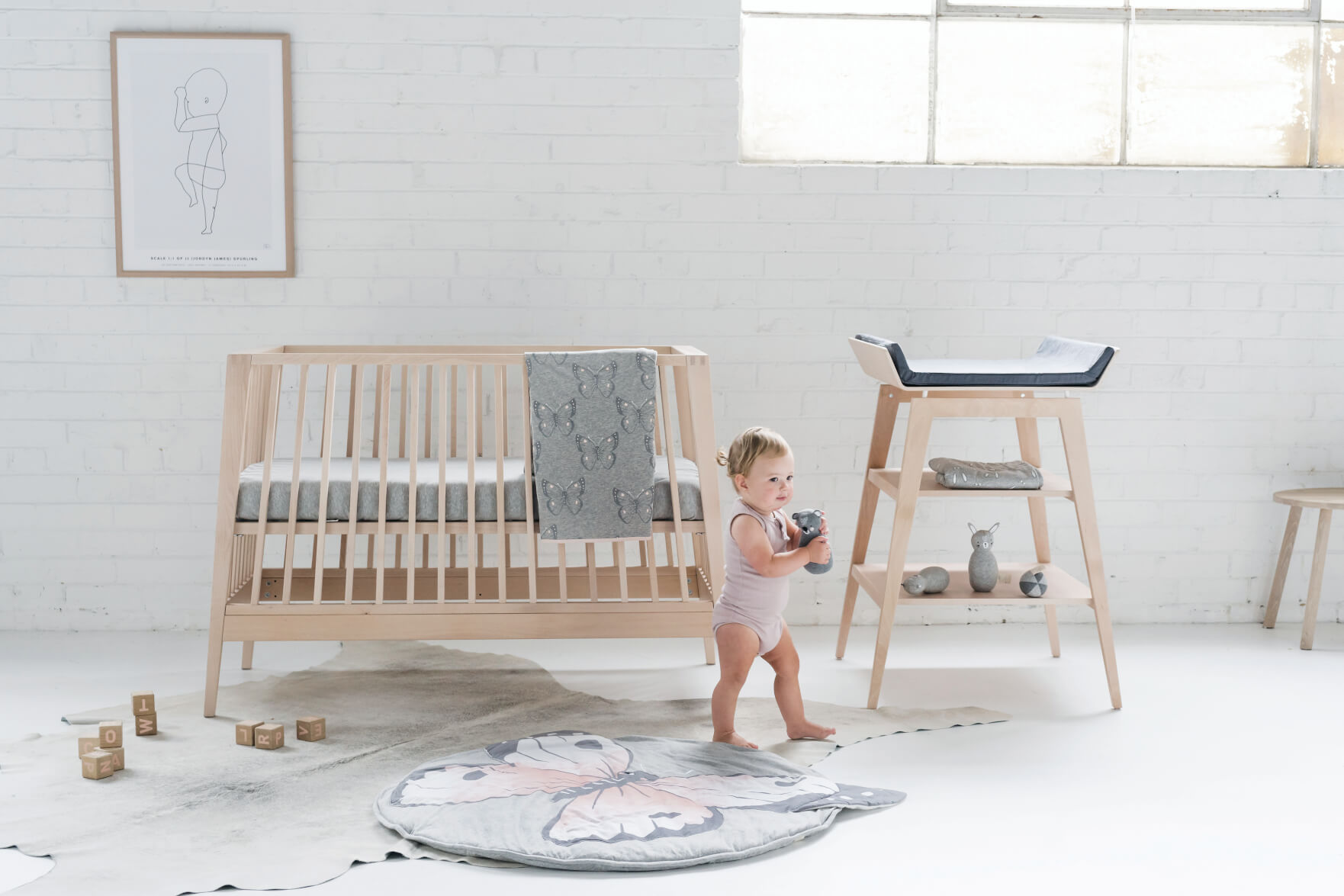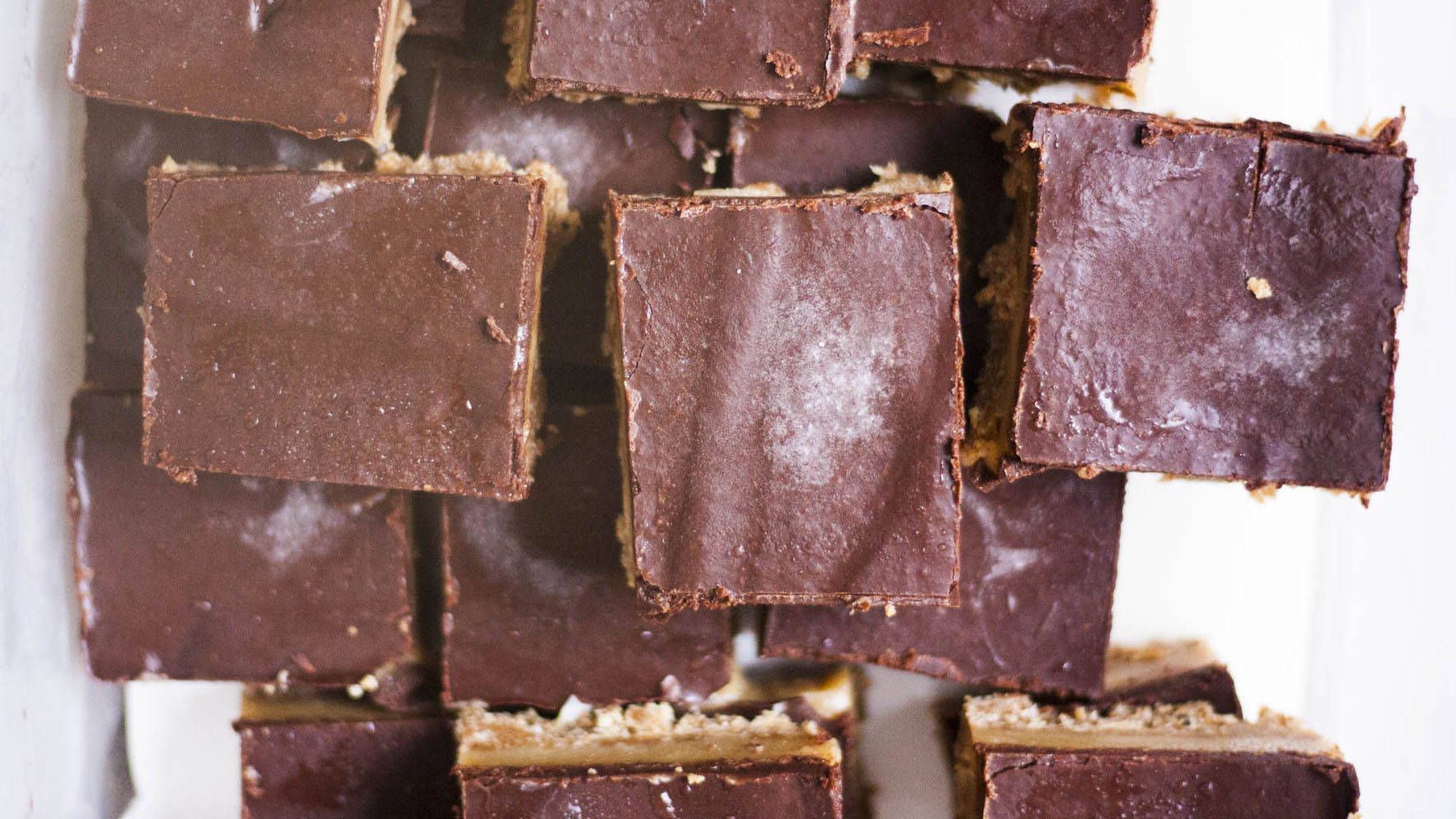Some women love pregnancy and others need to know how to survive pregnancy and morning sickness!
By Gabrielle Nancarrow
Your experience will be absolutely unique to you. And I hope that you feel empowered to speak the truth about what you are feeling.
Not only will it help you feel less alone but it will also help end the culture of silence that surrounds so much of what our bodies go through during pregnancy, birth and postpartum.
“GO EASY ON YOURSELF AND YOUR CHANGING BODY. YOU’RE GROWING A HUMAN AND IT CAN BE INTENSE.”
Rest when you can and cry whenever you need to – every day if it helps.
Do whatever you need to do to get through these months of change and growth.

Here are some of the more common pregnancy ailments with some helpful remedies I have discovered along the way.
Morning sickness
Want to know how to survive pregnancy and morning sickness? Morning sickness can be mild or extreme, lasting from a few weeks to full-term for some women.
It can come on as nausea, food aversion, occasional vomiting or severe and persistent vomiting leading to dehydration, weight loss and hospitalisation. The latter is usually diagnosed as hyperemesis gravidarum
and affects around 1 to 2 per cent of pregnant women.
Depending on the severity of your morning sickness here are a few things I have found that have helped me and the women I support.
- Eat as soon as you wake inthe morning and then have small regular meals and snacks throughout the day
- Get to know and love ginger tea and peppermint tea
- Avoid cooking if you can – the smells of even the most inoffensive food can trigger nausea
- Gentle exercise and fresh air can work wonders
- Acupuncture and acupressure can be very effective in reducing the severity of symptoms
Fatigue
It is hard to describe the extreme fatigue that hits you like a truck in your first trimester.
The worst jet lag you’ve ever experienced coupled with a week of no sleep? That probably wouldn’t even come close. I remember collapsing on the couch at the end of every day and sleeping through entire weekends during my first trimesters.
The best advice I can share here is to rest when you can, limit caffeine, eat well, make sure you’re not low in iron, exercise if you have the energy and go easy on yourself. It’s tough, but it doesn’t last forever.
Haemorrhoids
Haemorrhoids are embarrassing but common.
They can be really painful and if left unchecked can get worse. So definitely speak to your doctor or midwife about them and seek their advice before doing anything.
I have found herbal sitz baths, raw honey, witch hazel, pure aloe vera and ice packs can help to reduce swelling. But chat to your doctor first. Occasionally, surgery is required to remove them.
Also, learning how to poo properly is essential. We should poo in a squat position, so keep a stool next to your toilet and see the difference it makes.

Constipation
Constipation usually occurs during pregnancy due to a shift in hormones, a lack of fibre and/or the iron in your prenatal vitamin.
What to do about it?
Drink plenty of water, eat a fibre-rich diet with fermented food such as sauerkraut, take a good prebiotic and consider taking a prenatal vitamin without iron if your iron stores are good. Always have them checked first before making this switch. And consider working with a nutritionist or naturopath who can advise you further on supplementation during pregnancy.
Varicose veins
Varicose veins most often affect the legs during pregnancy. They can also appear on the outer surface of the vulva, a not uncommon – but rarely spoken about – occurrence among pregnant women. They occur due to increased weight and blood volume and decreased circulation.
Keep your legs elevated whenever possible. Wear compression stockings. And get plenty of exercise to keep your blood flowing to help alleviate the pressure and severity in your legs. Resting with an ice pack on your vulva a couple of times a day can help ease the discomfort in this area.
Sore breasts
It’s wild what happens to our breasts during pregnancy.
In the very beginning, they can be ultrasensitive and sore, and this is often the first sign of pregnancy for many women. As the months pass, they grow and grow and grow (and grow) due to hormonal changes, increased blood flow and eventually the production of colostrum – baby’s first milk.
Make sure you own a few comfortable, supportive wireless bras.
Flaxseed oil has anti-inflammatory properties so try adding a spoonful to your diet every day and see if this helps (with your doctor’s okay, of course).
If your breasts are too sensitive to touch, make sure your partner knows they are a no-go zone. As disappointed as they might be, this is not the time to be pleasing someone else. Unless, of course, you find the sensitivity a turn-on, which a lot of women do. If this is you, embrace it! Sex during pregnancy can be better than ever.

Gas, bloating, indigestion, reflux and heartburn
Generally feeling uncomfortable after eating is another unpleasant side effect of pregnancy. Especially as your baby grows and there is less room in there.
Try eating smaller meals, avoiding high fat and gassy foods and eating well before bedtime. A gentle herbal tea after meals such as peppermint or ginger can help to ease digestion.
If you’re suffering from severe heartburn, it can help to elevate yourself in bed. Stress is also closely linked to digestive issues so do what you can to reduce it.
Leg cramps
I experienced the most painful leg cramps – always overnight – from about thirty-four weeks during my first pregnancy. I remember asking my mum if the pain was anything akin to labour and she just smiled (answer: no). Even so, they can be excruciating.
Stretching often, staying well-hydrated and taking a magnesium supplement helped ease them for me. But they didn’t fully go away until after my daughter’s birth.
Incontinence
Pregnancy hormones and a growing baby put a lot of pressure on your bladder and pelvic floor. And this can lead to incontinence in some women.
It’s embarrassing so lots of women don’t seek the help they need.
Also, help from a specialised pelvic floor physiotherapist can be prohibitively expensive, leaving many women with very few options and issues that linger into postpartum leading to ongoing physical, sexual and emotional trauma.
If you are having issues, speak first to your doctor or midwife and find out what pathways you have for support. Don’t be embarrassed to speak up – you are absolutely not alone in this.

Aching joints, pelvic and back pain
I remember walking down the street at about thirty-two weeks in my first pregnancy and feeling a sudden bolt of searing pain through my pelvis. Every step I took after that, every time I rolled over in bed, every time I stood up or sat down or lied the wrong way on the couch, I felt like my pelvis was splitting in two.
The pain came out of nowhere and left just as suddenly after I gave birth but for those eight weeks, I was in agony.
I was diagnosed with pelvic girdle pain brought on by an oversupply of the aptly named hormone, relaxin, which works to soften our pelvic muscles in readiness for birth.
If you’re experiencing this or other muscular or joint pain, consider working with a physiotherapist, chiropractor, osteopath or another bodyworker and/or adopting a regular yoga or Pilates class.
Itchiness
I am including itchiness here because while mild itching is a common pregnancy ailment that can be eased with cool baths and natural lotions, more severe itching may be a sign of a serious liver condition called obstetric cholestasis.
If you experience what feels to you like an elevated level of itchiness anywhere on your body, although it usually begins on your hands and feet and tends to get worse at night, see your doctor immediately and request testing.
Left undiagnosed, it can lead to premature birth and even stillbirth.
Insomnia
I’m lucky that insomnia didn’t kick in until around thirty-six weeks during each of my pregnancies. For some of the women I support, it starts much earlier and can become really debilitating.
Working with a herbalist who can prescribe safe herbs to promote sleep and/or an acupuncturist may help.
It’s also so important to avoid caffeine if you can.
Incorporate meditation into your bedtime routine. And keep your phone out of your room so you’re not tempted to scroll when you can’t get to sleep. The bright artificial light can suppress melatonin which can dramatically affect your quality of sleep.
This is an edited extract from The Birth Space by Gabrielle Nancarrow published by Hardie Grant Books. Photography by Ilsa Wynne-Hoelscher Kidd (@ilsa_whk), Lisa Sorgini @lisa.sorgini, and Hayden Trace (@feelinghomeagain)

Sign up to our newsletter for weekly mama goodness delivered straight to your inbox, like the VIP that you are.





